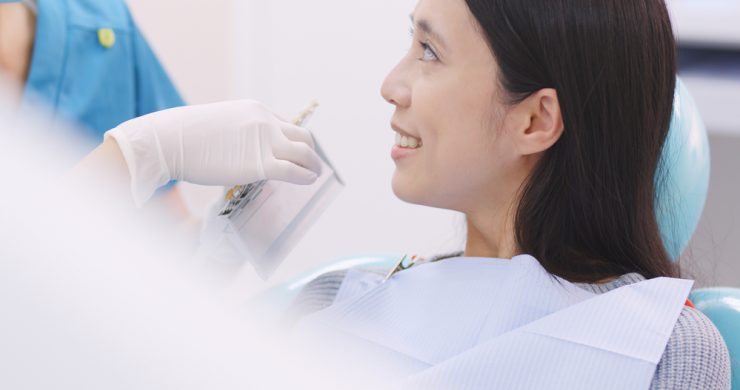The prostate is a unique gland seen in males. This gland is located beneath the bladder and to the front of rectal wall. The urethra passes through this gland. Its major function is the secretion of prostatic fluid which is an important constituent of semen.
The three major conditions found to affect the prostate gland include prostate enlargement, prostatitis (an inflammatory condition of the prostate gland), and prostate cancer.
Though prostate cancer and prostate enlargement are mostly seen in people aged 50 and above, prostatitis can be seen in men of all age.
Symptoms
The various commonly seen symptoms of prostate enlargement are difficulty to void as urinary flow is weak and slow, frequency of urination, abrupt and uncontrollable urge to void, difficulty in initiating voiding, frequency of urination at night time, unable to stop voiding in between, unable to empty bladder completely, and burning sensation while voiding.
Prostatis manifests as burning sensation while voiding, pain beneath scrotum or the region surrounding anus, thigh region or lower back, presence of blood in urine, elevated body temperature, abnormal discharges from penis, and pain during ejaculation.
Causes
Prostate enlargement (BPH)
Testosterone is the male sex hormone and once the prostate gland absorbs it excessively, prostate enlargement is what results. This enhances the growth rate and lifespan of the prostate cells.
Prostate enlargement can be due to prostatic hyperplasia, or benign prostatic hypertrophy. Though these conditions are different, generally these are regarded as one and even the treatment is given with this point of view.
Benign prostatic hyperplasia is due to the rapid increase in the non-cancerous cells owing to increased production of the sex hormone called testosterone. Benign prostatic hypertrophy is a condition featured by abnormal size of the non – cancerous prostate cells. Both these conditions exert much pressure on the urethra and makes voiding difficult. BPH is frequently occurring in old age as the testosterone production is increased at this period.
Prostatitis
These are classified into two, acute and chronic. The former one is due to a bacterial infection. The later ones cause is not exactly known but tension, depression and anxiety are thought to have a direct influence. Purposefully avoiding urination can cause leakage of urine and cause prostatitis.
Cancer of the prostate
The exact cause or mechanism is not yet known. Afro-Caribbean and African-American men are found to be more at risk.
Treatment
Prostate enlargement (BHP)
Modification of lifestyle can significantly improve the condition. Transurethral resection of prostate (TURP) is the partial removal of this gland.
Prostatitis
A strict antibiotic therapy can improve the condition considerably.
Cancer of the prostate
TURP or prostatectomy may be carried out based on the extend of the disease condition.
Combined chemotherapy and radiotherapy may also be used and usually is based upon the condition and age of the person. But all these are associated with side effects too.













